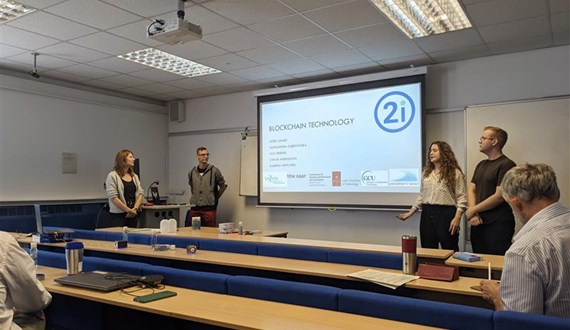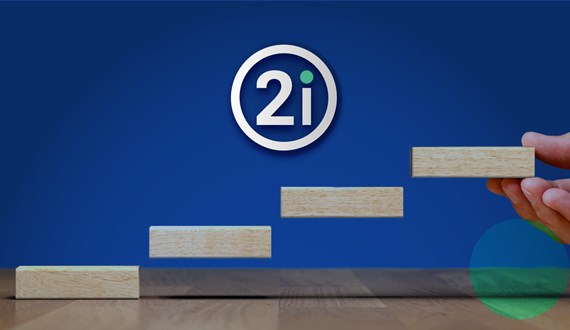Collaboration is key to ensuring a successful conclusion to your projects. You don’t just need a team with the right qualifications, you need a team that can work together to get the job done quickly, efficiently and to a very high quality.
If you’re looking to build your team up, or even to develop those skills within yourself, what qualities should you be looking for to bring you those results?
1. Adopt an collaborative mindset
In a previous article “When is your job finished (‘it’s not my job’ isn’t a valid excuse)”, we wrote about the importance of embracing an collaborative mindset to allow your team to deal with unforeseen issues in an appropriate manner and not be too hung up on specific perceptions of what “their” job is.
By becoming more receptive to the skills, experience and opinions of others, teams become much more collaborative.
Of course, even the most effective managers can’t pre-empt all interpersonal issues within a team, but experienced managers should be able to encourage an inclusive mindset in their team by clearly outlining the project goals, defining the roles of each team member and enabling them to take ownership of their work.
2. The ability to empathise with others
Really good collaborators are generous with their time and their support; they are trustworthy and giving. They are excellent at building relationships within the team, within other departments and with external suppliers and clients to help ease projects through and prevent bottlenecks.
In a world of large teams and the continuous and rapid delivery of big-budget projects, the ability of a team to effectively collaborate is essential.
The ability of a team to empathise with its members, stakeholders and end users can go a long way towards its smooth running. If you can put yourself in another’s shoes, you are less likely to have friction, fallings out and misunderstandings.
3. Ability to question and look at the bigger picture
Socratic questioning is excellent for getting to the heart of any problem and achieving clarity. Great collaborators don’t put people on the spot and make them feel uncomfortable or like they have to justify their actions; they question simply to understand, and to find solutions.
A good team member will also have the ability to think beyond the current project and look at what is coming up in the future for the team, which departments might need to be involved, and how to deliver projects in the best way to meet the company’s overall long-term goals.
Within an Collaborative environment, this is essential as it keeps the project objectives clear in mind throughout each sprint which helps mitigate any unforeseen issues arising.
Not only that, but good collaborators can make connections not just between people, but between ideas and skills. They have a thorough understanding of their own area of expertise, but can also look at the whole overview of the project and realise that seeing aspects of the project from the point of view of, for example, the product tester, or the marketer can bring in new ideas that might not have been thought of otherwise.
Good collaboration eases the progress of any project, and building a team is about far more than finding people that have the right skills. They also need the right approach, good adaptability and the ability to listen to other team members and work with them.



